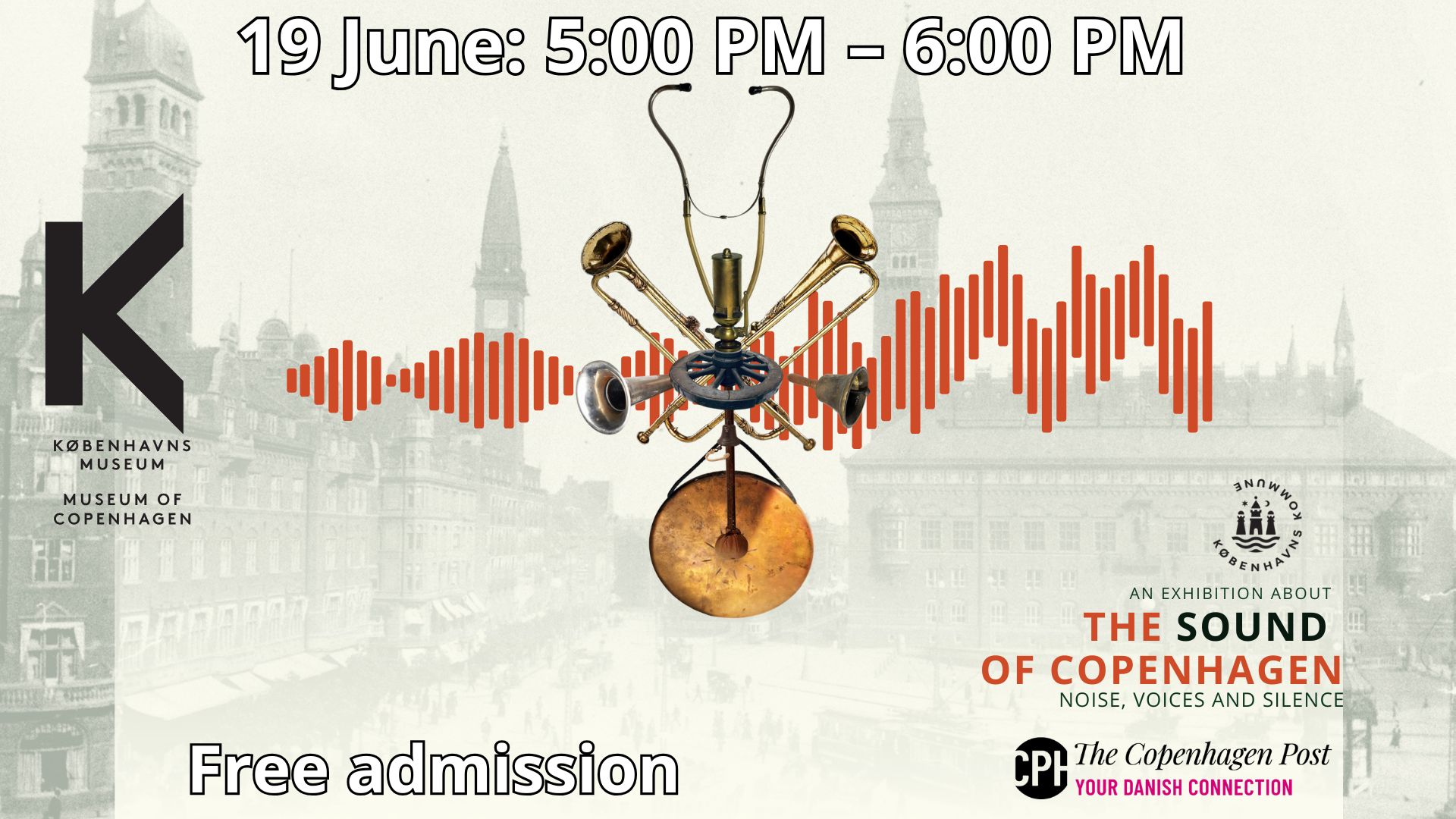The climate and food product minister Eva Kjer Hansen is travelling to Brussels today to meet with the EU’s environment commissioner Karmenu Vella regarding the high ammonia emission reduction obligations facing Denmark’s agriculture.
Hansen is hoping for a better balance between the member states in terms of reduction obligations that the current one agreed to by the previous government which pledges to reduce ammonia emissions from the agriculture industry in Denmark by 24 percent by 2020.
“I have asked for a meeting with the commissioner because I want the Commission’s help to reduce the unreasonably high Danish targets,” said Hansen. “Air pollution has no borders and we must all contribute to cleaner air over Europe, but it’s no use for Denmark to overextend ourselves with climate obligations which are very high compared to our neighbours.”
“This will lead to a risk of production moving to our neighbours where ammonia emission obligations are far lower. There must be a better balance between the nations in Europe.”
About 25 percent of the Danish food product and agriculture companies have already completely or partially outsourced production abroad in recent years.
Last week, a new survey by the agricultural advocacy organisation Landbrug og Fødevarer (L&F) showed that another 25 percent are considering doing the same. Up to 40,000 of the 170,000 jobs in the Danish agricultural industry are at stake.
READ MORE: Every fourth Danish food product company looking to outsource
Regulators, mount up
While the Danes are obligated to reduce ammonia emissions from the agriculture industry in Denmark by 24 percent by 2020, Poland has only pledged a 2 percent reduction, and Germany a 5 percent reduction. The EU average is a 6 percent reduction.
With two thirds of the air pollution in Denmark coming from abroad, the Danes are already far ahead in terms of ammonia regulation.
For instance, the practice of wide spreading manure on fields has been banned in Denmark since 2002, but is still permitted in EU nations such as France and Poland.













